Nature reports
Category: Caribbean
Page 5 of 10 - 91 Results
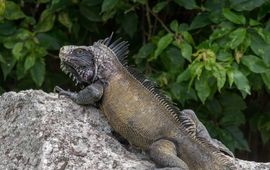
Research of Wageningen University & Research has identified a recent incursion of non-native iguanas on Saba, which form a major threat to the endemic melanistic iguana population. A promising study shows a new methodology with..
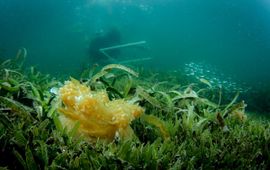
Researchers from Wageningen University & Research and the University of Amsterdam report on a fascinating case of competition between an animal and an invasive pIant. In tropical ecosystems, photosynthesizing organisms are..
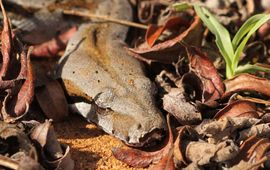
More than 210 invasive alien species have been documented wild in the in the Dutch Caribbean. These species can have major ecological effects by decimating native flora or fauna. They can also cause large economic losses and..
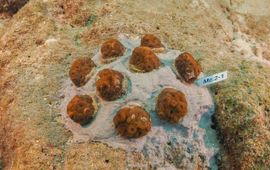
For the first time in history, three species of boulder coral have been outplanted back to Bonaire’s reefs: lobed star coral, mountainous star coral, and great star coral. In late 2022, Reef Renewal Foundation Bonaire began..
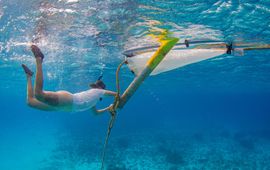
Worldwide, coral reefs are in danger of disappearing. Several solutions are needed to keep coral reefs healthy. It is interesting to explore the role that fish can play in maintaining or improving the ecosystem. Reef fish are..
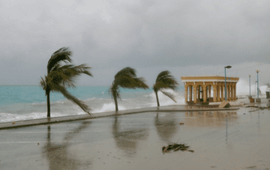
Last May, the Dutch Caribbean Nature Alliance (DCNA)‘s research intern Nina Zander requested citizens on Bonaire to complete a questionnaire. This questionnaire was part of her research into how resilient Bonairian households are..
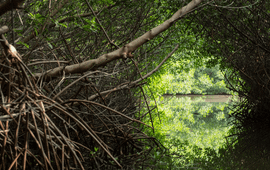
The mangrove forest of Lac Bay, Bonaire, is experiencing a die-off of trees in its northern area. Increasing the tidal exchange by creek restoration likely enlarges the living conditions of the mangrove trees. A collaboration..
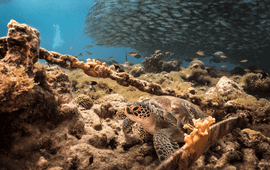
DCNA has been actively promoting a nature focused agenda both within The Netherlands and internationally. Whether it’s championing the Yarari Marine Mammal and Shark Sanctuary, establishing new partnerships or pushing for a..
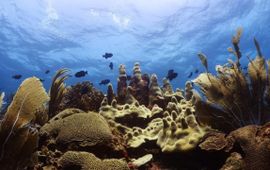
Coral reefs host a complex underwater metropole of organisms living by their own day and night rhythms. A new study by Benjamin Mueller and colleagues shows that the nighttime activity of one reef inhabitant, the turf algae, might..
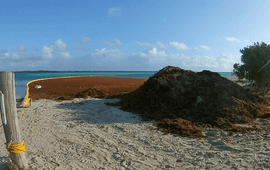
A joint experiment between WWF-Mexico and STINAPA Bonaire found that vegetables grown in soil enriched with sargassum had higher levels of arsenic and cadmium, heavy metals that can be toxic to humans and animals. Researchers warn..
